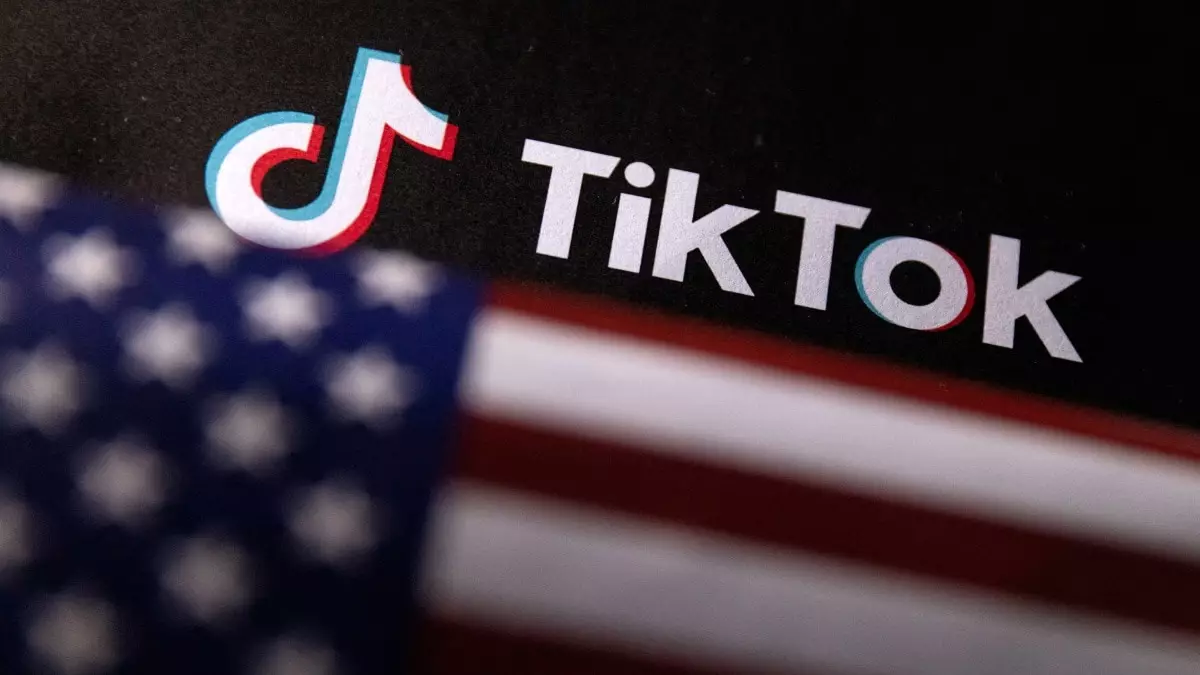The ongoing debate surrounding TikTok’s presence in the United States highlights significant political, legal, and ethical questions about national security and corporate governance. As the digital landscape evolves, the implications of banning or divesting popular social media applications, particularly those with foreign ownership, raise critical issues that go beyond mere entertainment and delve into the core of free speech and constitutional rights.
In a dramatic turn of events, President-elect Donald Trump has requested the U.S. Supreme Court pause overnight legislation threatening TikTok’s operations in the U.S. The legal framework set in motion by Congress mandates that the Chinese company ByteDance, TikTok’s parent organization, must sell the app to an American company by January 19, 2025, or face a ban. Through this legal maneuvering, Trump’s administration aims to explore a political settlement that would avoid immediate drastic ramifications for a platform vastly popular among American users, boasting over 170 million followers.
The Supreme Court has set a date for January 10 to discuss the case, providing a narrow window for resolution. Trump’s appeal emphasizes a priority for his administration to reassess the potential ban, marking a significant shift from his earlier stance during the 2020 presidential campaign, where he sought to block TikTok due to its alleged ties to the Chinese government. This reversal signals a pragmatic approach to governance, as Trump seeks to manage voter sentiment and economic considerations stemming from the app’s influence.
Central to the opposition against TikTok is the U.S. government’s assertion that the app poses a national security risk due to its Chinese ownership. Officials claim that information collected through the app could be shared with foreign entities, thereby potentially compromising the privacy and security of American users. Critics often point to historical precedents and the ongoing climate of distrust between the U.S. and authoritarian regimes, arguing that the measures taken against TikTok reflect broader geopolitical tensions rather than just concerns of data security.
However, this narrative complicates the fundamental issues of free speech and censorship. Free speech advocates have warned that attempts to ban TikTok echo the very censorship practiced by the United States’ adversaries. Such measures could set a dangerous precedent that undermines not just the rights of TikTok users but also the broader principles of democratic discourse and the open exchange of ideas.
The decision to either ban TikTok or force a sale carries significant ramifications beyond merely the app’s operational status. TikTok is not just a platform for social interaction; it has become a cultural phenomenon that influences trends in music, fashion, and even political discourse. President-elect Trump himself acknowledged the substantial viewer engagement he experienced through the app during his campaign, further illustrating TikTok’s role as a powerful communication tool.
Bills like the one being debated may pose existential threats to platforms like TikTok, yet they may also spark significant economic repercussions—especially among the creators and businesses that depend heavily on the platform for their livelihoods. The digital economy thrives on innovation, and sudden legislative actions could stifle creativity, entrepreneurship, and economic opportunities for millions of users.
As the Supreme Court prepares to hear arguments regarding TikTok’s fate, the intersection of politics, security, and free speech will take center stage. With an administration poised to take a fresh look at the app, the outcome will not just affect TikTok but will also influence how the U.S. handles similar cases in the future. Transparency, ethical governance, and upholding constitutional rights must be at the forefront of this conversation.
Ultimately, the TikTok saga underscores the complexities of navigating a global digital landscape while respecting personal liberties and national security. As America grapples with its values in a hyper-connected world, the final judgment on TikTok may resonate far beyond the confines of the app itself—shaping policies that define the future of digital interaction in the United States.


Leave a Reply